The Perfect Board of Directors for a Private Company
By: Lynn S. Scott, King & Spalding LLP
In today’s regulatory and business environment in the aftermath of Enron and Sarbanes-Oxley, much attention is focused on the composition of a public company’s board of directors. Although private companies are not subject to the same regulations or public scrutiny, board composition is important and lessons learned through years of observation may provide guidance in putting together a “perfect board” that properly governs the company and provides optimum protection to its members. Since the board determines the direction of the company, its composition is subject to competing interests during a company’s growth cycles.
The Start-Up Company Board
Often the founders of the company decide to be its board members and may ask friends or family to be members as well. This formulation may be workable unless a founder decides to go in another direction or the friends and family members become too busy or too completely aligned with one of the founders so as to not be objective. The perfect board at this stage could include a small number of founders and management balanced by a lesser number of persons with expertise in the industry and contacts with financing sources and strategic partners or investors.
The Angel-Backed Company Board
The traditional start-up company board described above likely changes upon an angel investment to have some or all of the friends and family replaced with some number of the individual angel investors or representatives of a group of angel investors. For the first time, the founders will likely face an actual or a potential loss of control of the board. The perfect board at this stage could consist of 2 representatives of the founders and/or management (or their designees), 2 angel investors (or their designees) and 1 to 3 independent members (not affiliated with management or the investors) with expertise or contacts as described above.
The Venture-Backed Company Board
If the company attracts venture capital investment, board composition and control will be a part of the negotiation process. The likely board will consist of one or two members of management (the CEO and one designated by the holders of common stock, who may not be the founders); one to two representatives of each venture investor or group venture investors, and possibly some small number of independent members. A typical board would be composed of the person serving as the CEO, one member of management designated by the common holders, 3 members designated by the investors and one independent member. The perfect board at this stage could consist of two designees of the common holders (the CEO as one), 3 designees of the venture investors and 2 independent members.
Why have a Perfect Board?
The “perfect board” acts to protect the interests of the founders, management and investors but has enough independence to allow the board to form a special committee if a transaction involving management and/or the investors is proposed, such as a merger or a new financing. If all members of a board are affiliated with either management or the investors, the board may have no members not interested in a transaction and would need shareholder approval (where investors may vote differently than their director representatives would vote) or be subject to an “entire fairness” higher standard of review if the transaction were later challenged (instead of a “business judgment” standard). The “perfect board” may allow the company to make contacts in its industry that facilitate its growth and exit strategy.
To form a “perfect board” requires a willingness to allow control to shift based on the judgment of its independent members in certain situations. Although this result is desirable from a corporate governance standpoint, it will likely be very difficult to have management and/or the investors agree to put the future of the company in the hands of those members with little or no financial stake in the outcome of their decisions.
© Lynn S. Scott 2004

























